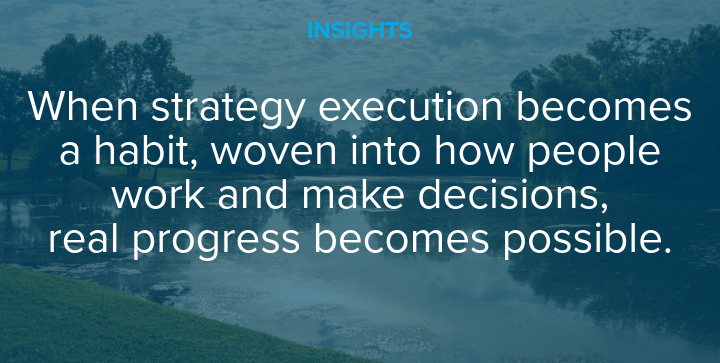
“I thought I had more time.”
That’s the most common phrase we hear from business owners after an unexpected exit — whether it’s due to a health crisis, a surprise opportunity, or simply burnout that came on faster than expected.
And yet, over and over again, leaders delay business succession planning. Not because they don’t care — but because it feels distant, or too emotional, or too complex to begin.
Most Business Owners Regret Waiting
According to a study by the Exit Planning Institute, 75% of owners who sell their business regret it within just 12 months.
That regret isn’t always about the financials — it’s about purpose, identity, and the sense that things could have been handled with more intention. Many realize they didn’t just lose a business; they lost a part of themselves without knowing what would come next.
The Mistake Too Many Business Owners Make
Most owners don’t actively choose to avoid business succession planning — they simply wait too long. It’s not uncommon to assume there will be more time, more clarity, or a better moment to start.
But that’s the mistake: treating business succession planning as something you’ll “get to someday.” The longer you delay, the fewer options you have, and the harder it becomes to lead the process on your own terms.
Why Do So Many Wait Too Long?
There are a few common reasons business owners postpone succession planning:
- “I’m not ready to retire.”
Succession doesn’t have to mean leaving right now. It’s about creating clarity for the future — whether that’s next year or a decade away. - “I don’t have a successor yet.”
That’s exactly why planning early matters. Succession is as much about developing people as it is about choosing them. - “I’m too busy running the business.”
Understandable — but risky. If your absence would destabilize everything, that’s not a strength. It’s a vulnerability.
The Cost of Waiting
Without a clear business succession planning process, businesses can face:
- Lost enterprise value
- Team instability and culture drift
- Family conflict and unclear expectations
- Legal and tax complications
And most importantly: a missed opportunity to pass on something bigger than just assets — your values, your vision, and your leadership legacy.
Your First Step Can Be Small
You don’t need to create a 60-page plan or set a final date to start business succession planning. Your first step might simply be asking:
“If something happened to me tomorrow, who would lead — and would they be ready?”
If that question makes you pause, you’re not alone. But that pause is exactly where the planning begins.
From there, you can begin to outline what matters most to you — the roles, responsibilities, values, and priorities that should guide the business forward with or without you.
You Don’t Have to Do It Alone
Business succession planning isn’t just a business strategy. It’s a leadership responsibility — and one you don’t have to carry by yourself.
With the right tools, space, and conversations, you can create a plan that supports your team, your family, and your legacy. And most importantly — one you feel proud of, not rushed into.
Want to start planning — before it’s urgent?
Join us for Your Business Beyond You: A Succession Workshop, part of Aileron’s Business Owner Series, on October 16. You’ll begin shaping a plan that protects your legacy — and the people counting on you.




